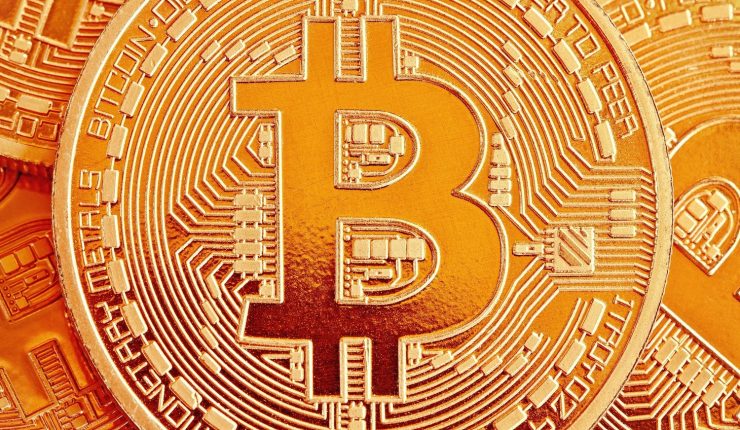
Defi: Decentralized Finance, Smart Contracts, and Blockchain
Defi, or Decentralized Finance, means an ecosystem of financial applications developed on Blockchain technology.
What is Defi?
The birth of this Ecosystem of Decentralized Applications represents a turning point in the way of conceiving finance in the modern era.
Thanks to Defi, anyone with an internet connection can take advantage of a myriad of financial services, services that would have been inaccessible for those individuals who are geographically isolated and physically distant from traditional financial contact points.
The term decentralized finance refers to a movement that aims to create a multitude of open-source, permissionless, and transparent applications and services, accessible by anyone and without the intermediation of a central supervisory authority.
All those who exploit financial services on the Blockchain are effectively in possession of assets not controlled by a central authority, assets that they can use by interacting with other users through peer-to-peer or peer-to-contract decentralized applications(dapps).
What concrete services can be used through Defi?
There are many services available through Defi. For example:
- Granting and borrowing: concerns the possibility of granting or taking on a loan through an IT protocol without going through a trusted intermediary
- Banking monetary services: these concern the issue of stable coins (digital currencies linked to the performance of a fiat currency), mortgages and insurance
- Decentralized Markets: Decentralized exchanges (DEX) are currently the most common use case in the Defi world. They are platforms that allow users to trade their digital assets, without going through a centralized body (centralized exchange), with peer-to-peer exchanges directly between users’ cc wallets.
Automated market makers and Smart Contracts
Recently, in addition to the classic DEXs, the so-called “automated market makers” (AMM) are depopulating.
Their application is similar to that of DEXs but with a very different basic architecture: while in DEXs the exchange of digital assets takes place directly between the users’ wallets, in AMMs the exchanges are “peer-to-contract”, i.e., from digital contract users.
All these applications are possible through the use of Smart Contracts, or automated IT contracts.
More than contracts in the legal sense, Smart Contracts resemble mathematical functions of the “if/then” type, i.e., they return output to each given input.
To be able to use it, it is necessary to have a decentralized wallet (not managed by third parties), such as Meta mask for example.
These “digital contracts” require digital verification by users through their wallet application and the payment of a commission fee, known in the jargon as a “gas fee”.
The potential of Smart Contracts and Defi are enormous, almost unlimited, despite some small technical defects in terms of usability and flexibility. It should be kept in mind that we are talking about new-generation technologies and therefore in some respects, sometimes, still immature. However, most likely, in the next few years, we will see more user-friendly solutions, capable of satisfying a larger user base than today.
Decentralized Services Ecosystems: what future lies ahead?
To date, the Defi sector appears to be used by a niche of individuals that are still rather limited at a global level, a niche made up mainly of enthusiasts and people sensitive to the issues of decentralization and financial freedom.
Yet every day new applications based on Blockchain are born.
In addition, the monetary value locked in the Defi computer protocols periodically grows more and more. Just think that:
- On January 1, 2020, the blocked value corresponded to approximately 677 million dollars
- On January 1, 2021, the blocked value was approximately $15.8 billion
- To date, the date of writing of the article, the blocked value corresponds to approximately 62.5 billion dollars
It is too early to be able to claim that we are dealing with revolutionary technology. The technical limits are still many and it will take years before the decentralization process can be globalized.
However, in a few years, Defi could change the way we understand finance, making it more accessible to a mass audience.
The Defi sector is certainly one to keep an eye on!




Average Rating